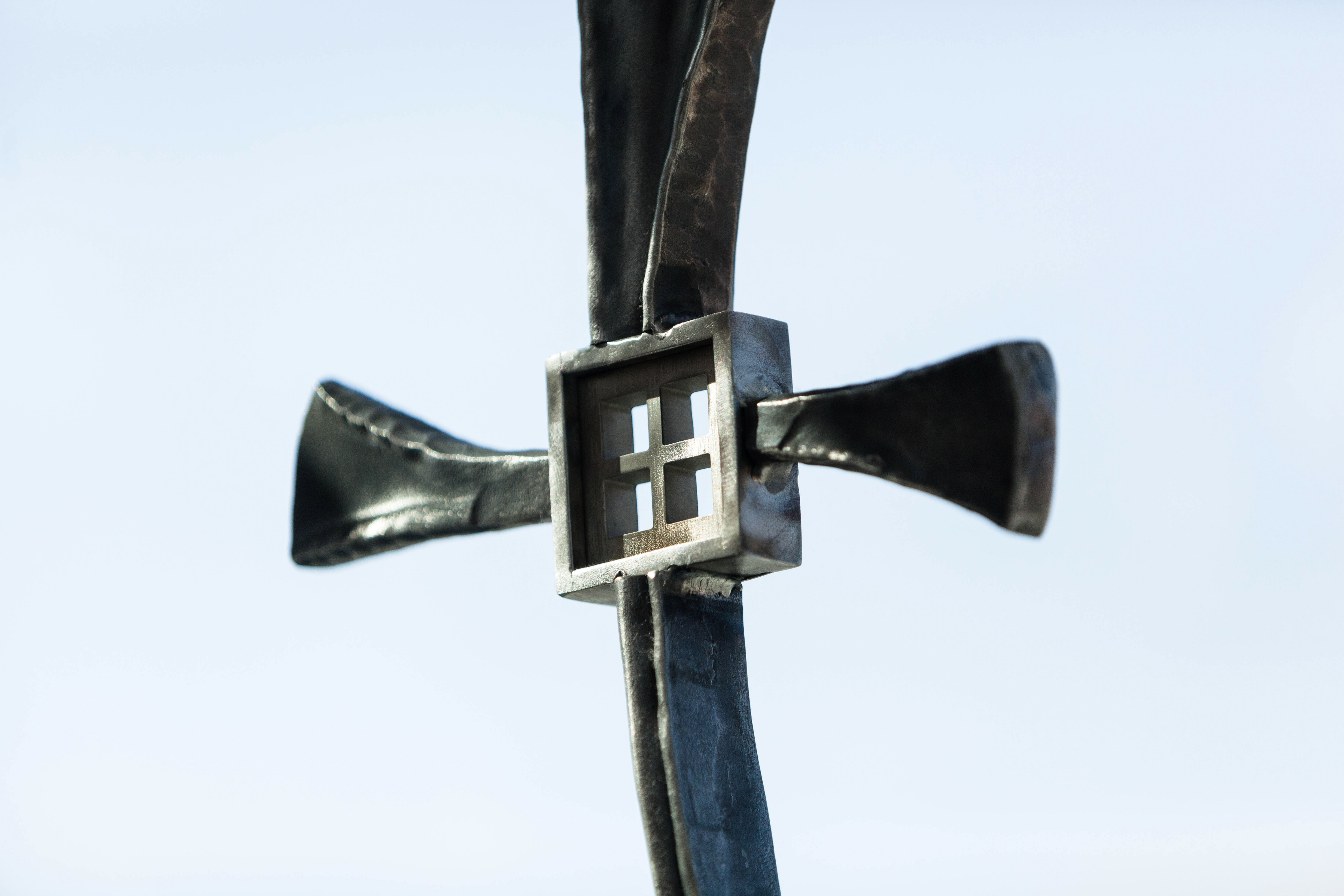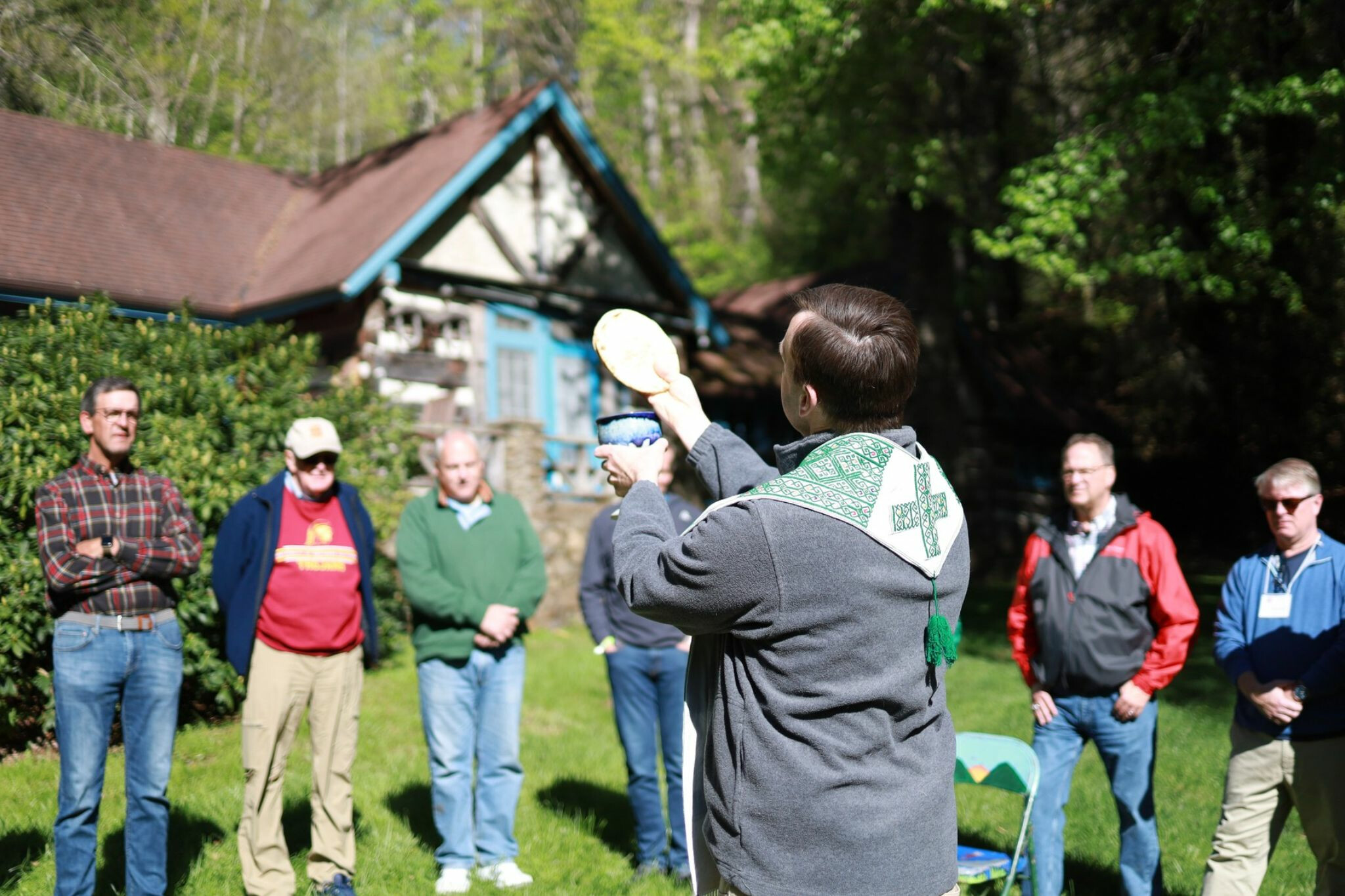
The Easter Triduum (three days) is upon us. I love the “why” and appreciate knowing the etymology (derivation) of why something is what is. If there is no why, the search is also rewarding. This defines faith – the substance of things hoped for and the evidence of things not seen (Hebrews 11:1). The Easter Triduum is packed with things seen and not seen.
Phrases like…it all comes out in the wash, it’s raining cats and dogs, etc. all have an etymology to them. You know from past articles that I love math. I had a calculus teacher in high school who always derived the formulas we used. Awesome sauce! The etymology behind the structure of liturgy is especially exciting and informative.
The triduum begins with Maundy Thursday Vespers – the second to last of the eight monastical, or canonical hours: matins, lauds, prime, terce, sext, nones, vespers, compline. [Side note: the canonical hours, themselves, are derived from Jewish prayer where God commanded the Israelite priests to do certain things in the morning and afternoon. And in Psalm 119 we hear “Seven times a day I praise you for your righteous laws.”]
Day 1: Maundy Thursday Vespers to Good Friday Vespers
Day 2: GF Vespers to Easter Vigil
Day 3: EV to Easter Vespers
You will see this in the Maundy Thursday bulletin but the word “Maundy” is derived from the Latin word mandatum (or mandate). This mandate, or command, comes principally from John 13:34 “I give you a new commandment: Love one another. As I have loved you, so you must love one another.” The mandate to “love one another” appears five times in the book of John: 13:34 (twice in this single verse!), 13:35, 15:12, 15:17. There is also much to unpack with the exegesis (history and interpretation) of washing bare feet, where those feet walked on roads with animal excrement among other things. Put yourself in a historical context and the act of foot washing is profound. But that’s a sermon better left to homilists.
Once we’ve sung the mandatum, the organ is silent until the Gloria at the Great Vigil of Easter. For the first time since I’ve been here, we will have brass at Easter. There are more churches that want brass than there are brass players available. I was even going as far out as Savannah and getting a “no” or “can’t” from players. It’s taken time and relationship-building, but we are there. The hymn settings are spectacular. Here is a sneak peak of some of the arrangements you will hear this weekend. In all its etymology, exegesis, seen, and not seen…
Blessed Triduum,
Dr. Sean Vogt




Login To Leave Comment